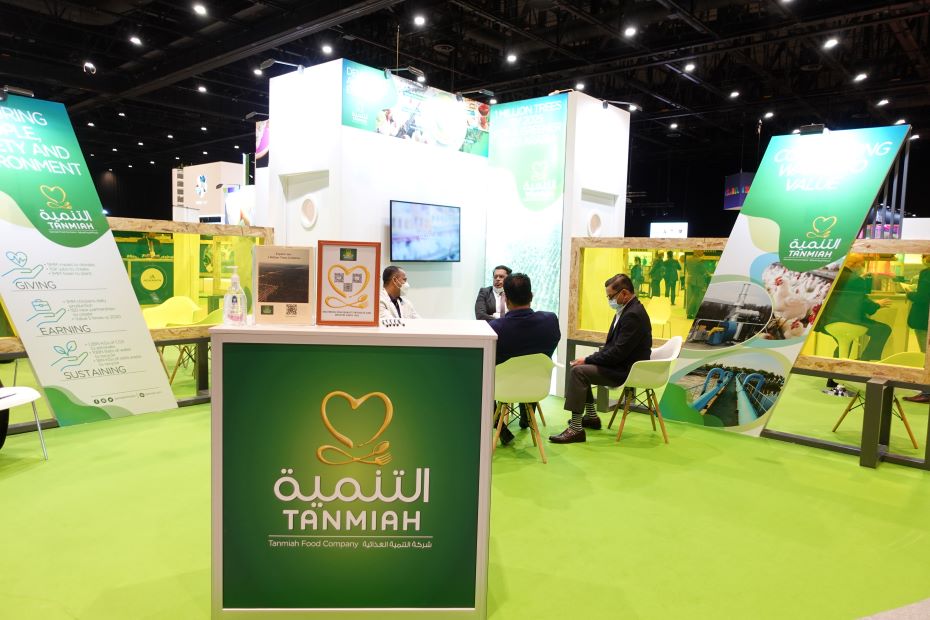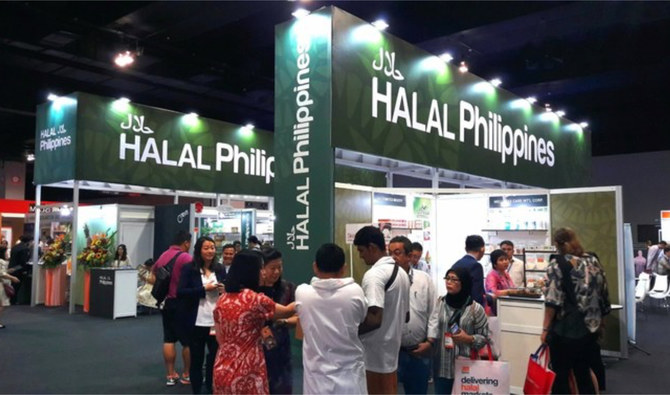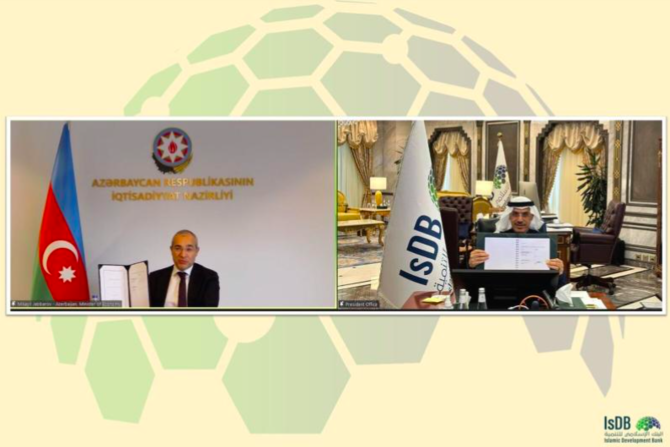Saudi Arabia, the Arab world’s largest economy, may continue to see moderate inflationary pressures in the third quarter of this year mainly due to higher food prices during the holy fasting month of Ramadan, the Saudi Arabian Monetary Agency (Sama) said yesterday. However, the kingdom’s recent decision to increase its support for the housing sector as well as boosting the availability of commodities supply will put pressure on the inflation index, Sama said in a report posted on its website.
Saudi Arabia’s annual rate of inflation accelerated to 4.9% in July from 4.7% in June, a sign that the recent surge in global food prices and a hefty citizen-support package could become an inflation headache for the kingdom, data from the Central Department of Statistics and Information showed on Monday.
Rent, fuel and housing related services rose 7.5% in July from a year earlier, compared with 7.1% in June. Meanwhile, food and beverage prices gained 5.8% versus a 5.5% rise in the previous month, the CDSI said on its website. The cost-of-living index in the kingdom stood at 135.8 points last month, up from 134.2 in June.
Saudi Arabia imports the bulk of its food needs. Muhammad al-Jasser, the governor of Sama, the country’s central bank, has repeatedly said that inflationary pressures, caused mainly by an increase in global food prices, are worrying, but the central bank sees no need to change interest rate policy.
Economists expect inflation in the world’s top oil exporter to remain higher than its historic average of 1% as the government continues to post expansionary budgets. New spending programmes announced recently by King Abdullah could lead to inflationary pressures in the kingdom, the country’s finance minister, Ibrahim al-Assaf, said in April.
But the benefits will have a positive affect on the kingdom in the longer term, al-Assaf added.



